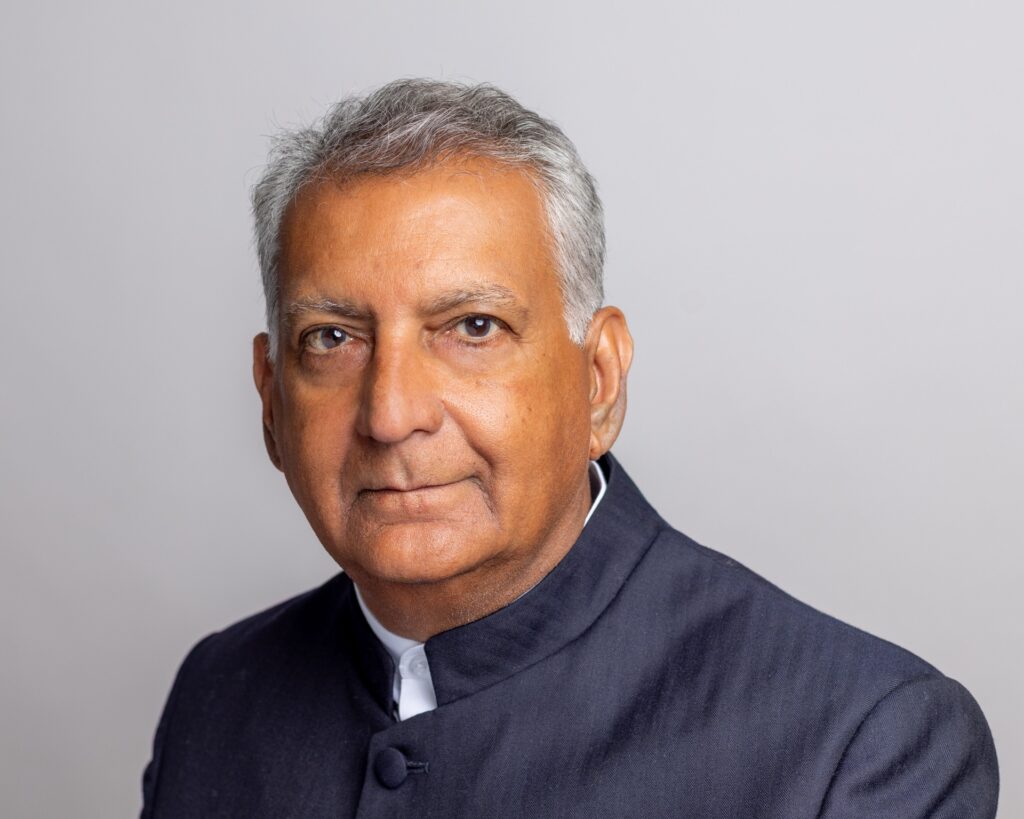Three years since the death of Steffan Lewis, Delyth Jewell remembers how being grounded in community informed the convictions of a political titan.
It’s been three years since Welsh politics lost Steffan Lewis, and during that short period, the political landscape that’s emerged has been marked by many differences: the beleaguered battle of Brexit that so dominated Steffan’s time in the Senedd has retreated from the front pages, and in its place, headlines catalogue the spread of a merciless pandemic that’s exposed bitter injustices, and a climate emergency that stains the collective conscience of our fragile world.
So many of the constitutional conflicts which Steffan warned about have come to pass, and new and troubling developments now test the very fault lines that hold the union of these island nations together.
I write this at the beginning of a new year: traditionally, a time of transition between the old and new, when we cling firmly to the lessons that have brought us here, to arm us on the road ahead. And this changing of the calendar, when we mark the anniversary of Steffan’s death, strikes me as a fitting moment to reflect on the things he achieved for our politics in Wales and for our Senedd.
Steffan left with us a determination to strive for what’s right, and to contend with compromise when the moment demands it.
For Steffan’s political legacy is a profound one. Indeed, it’s remarkable that someone who spent a relatively short time in the Senedd has so shaped the way we approach our politics: at different times mischievous and masterly, Steffan left with us a determination to strive for what’s right, and to contend with compromise when the moment demands it.
Shortly after being elected to the Senedd in the spring of 2016, Steffan was given the role of Plaid Cymru’s spokesperson on external affairs, and set to work on finding the least-damaging form of Brexit that could be advocated, to protect Wales’ interests. Steffan held talks with the Welsh Government to advance this position, and the cross-party Securing Wales’ Future paper, published in early 2017, was a product of this toil.
Alongside its focus on workers’ rights and trade links, the paper laid the ground for some of the constitutional arguments that were to prove formative in the following period: it argued that the constitution of the UK would have to be remodelled, so that no agreements on future trade or direction could be made without the consent of the (then) National Assembly.
Steffan was firmly grounded in his own land, and the county of his birth.
It was a principle that prevailed in the Continuity Bill which followed that paper. The purpose of this bill, which Steffan persuaded the Welsh Government to draft, was to ensure that standards and protections granted by the EU could continue to apply in Wales after Brexit. Crucially, Steffan argued for the need to halt the Westminster power-grab over devolved areas of policy, hence foreshadowing the constitutional wrangling that was to follow in the years after the UK left the EU (I have little doubt what Steffan would have made of the ‘muscular unionism’ adopted by the Westminster government in more recent years, nor its alarming reliance on legislative consent motions that bypass the integrity of the Senedd’s powers.)
In March 2018, the Continuity Bill was passed in large part because of the strength of Steffan’s arguments. The toing and froing that followed the bill’s passing notwithstanding, those months in 2018 showed Steffan at his most statesmanlike, corralling cross-party support on a matter so central to our nation’s future.
But his role in the chamber wasn’t the limit of his focus, and from the summer of 2016 onwards Steffan had been undertaking ambassadorial visits in London, advancing the interests of Wales with other nations, and forging links with international partners. Steffan’s final political intervention came in December 2018, when he issued a plea for a Summit of the Nations to be convened to discuss a way forward with Brexit. The need to extend Wales’ influence and build connections was never far from Steffan’s mind, and his determination to reach across divides characterised his work.
Fundamentally, of course, Steffan was firmly grounded in his own land, and the county of his birth. A man of the Gwent valleys, Steffan had the flags of that ancient kingdom on his desk in the Senedd, and his fascination with the castles and stories of the past had framed his politics from a young age.
Community was central to his political ethos: he saw Wales as a ‘community of communities’, and that celebration of the distinct within the collective was pivotal. Steffan disliked the terms ‘south’ and ‘north’ Wales, likening them to drawing lines on maps and carving up any sense of connectedness within our country.
I remember one incident that characterised this in 2016: it was a week or so before the Senedd election, and the party had asked some of us to feature in a candidates’ film, each delivering a sentence of a wider script that would be edited together after the filming. Steffan had been asked to talk about the ‘south Wales valleys’, but, of course, he changed the wording, and instead, that part of the film featured Steffan walking down a terraced street, the terracotta and pale blue of their façades picked out in the cold sunshine, as Steffan spoke about the ‘proud southern valleys’ of Wales. On its own, the incident would have been unremarkable, but it makes me smile to remember it: Steffan was deliberate in everything he did, and he wasn’t afraid to go off-script to get the right result.
And he was proud of being from those valleys. His first question in the Senedd centred on the miners’ pension fund, and the causes and campaigns that were closest to the hearts of people in Blackwood and Pontllanffraith were never far from his mind. The socialist traditions of the coalfield had contoured his outlook and ideology: he remarked to a friend that, in an independent Wales, miners wouldn’t have died of an industrial disease, and those who worked with him most closely in the Senedd are firm in their avowal that Steffan’s support for independence was grounded in his belief that a nation with powers at its disposal could better the lives of the people who lived there.
He was a politician whose preference was always to build a consensus, and he lamented the state of public discourse that’s developed in our politics that sees opposing sides pitted against one another.
And though looking outwards was important to him, it was undoubtedly a belief in social justice that kept him working, day after day. During late 2017, Steffan helped secure a promise from the Welsh Government as part of the Plaid-Labour budget deal that a neonatal mental health centre would be established in Wales. It was a promise that the government would keep, though it took a number of years for it to be built, and in April 2021, a month before the election, Uned Gobaith was opened in Swansea.
It is bitterly unfair that so much of what we can say about Steffan the politician has to be extrapolated from those short three years in the Senedd, but nevertheless, the stature of the things he did achieve speak to his remarkable abilities as a politician, to steer events without stubbornness, and to temper his passion with pragmatism to achieve the end result. He was a politician whose preference was always to build a consensus, and he lamented the state of public discourse that’s developed in our politics that sees opposing sides pitted against one another. That was no way of advancing the causes he believed in, and Steffan would find opportunities to foster an atmosphere of respect and tolerance. About Steffan, that much was certain: his convictions were never an obstacle to his willingness to listen and to learn from other perspectives.
As a new year begins in Welsh politics, and we embark on an era that will no doubt bring its own challenges, I’ve found myself considering how politics, so often, is not about permanence but about promise, and how we as politicians inherit the work of those who’ve gone before. Steffan was the epitome of a promising politician: elected in his early thirties, he should have had decades ahead of him to make his mark. But in spite of the short period he was with us, his legacy is that of a political titan: a creature of character and conviction, a bright light that left us far too soon.
Delyth Jewell MS represents South Wales East in the Senedd for Plaid Cymru, as did Steffan Lewis.
All articles published on the welsh agenda are subject to IWA’s disclaimer.





